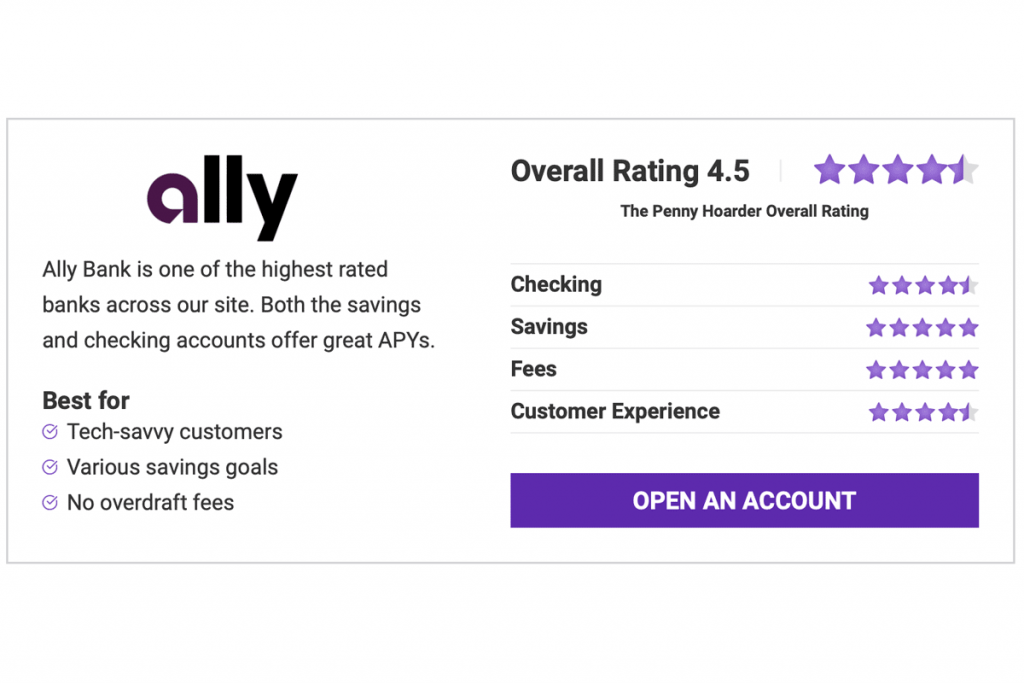In 2022, it seemed like every new day brought another piece of news related to student loans.
Whether it was the Biden administration’s massive forgiveness plan that was announced, then paused, then stalled in the courts or the ongoing payment pauses and rising interest rates, it was definitely a hectic year for both the industry and borrowers alike in 2022.
And guess what? Things don’t seem like they’ll slow down in 2023.
If you’re a student loan borrower, brace yourself for another year of possible highs and lows when it comes to news related to your student loans.
What You Need to Know About Student Loans for 2023
With all the changes made regarding student loans, it can be difficult for borrowers to keep up with everything they need to know. That’s what we’re here for. We’ve rounded up four things you need to know about student loans in 2023.
1. The Student Loan Forgiveness Program Hangs in the Balance
In August 2022, the Biden administration announced its unprecedented student loan forgiveness program — allowing federal student loan borrowers who make less than $125,000 per year (or $250,000 if filing jointly) to be eligible for $10,000 in loan forgiveness. It also allowed Pell Grant recipients to receive $20,000 in forgiveness.
More than 26 million forgiveness applications had been received by the U.S Department of Education — 16 million of which had been approved — when the DOE closed the application after Biden’s plan was challenged in court.
The U.S. Supreme Court will hear oral arguments related to the two ongoing cases in February. The Biden administration is confident its plan will prevail in court, but borrowers will have to wait and see if that $10,000 of sweet loan relief will find its way to them later in 2023.
2. Student Loan Payments Will Return
Because of the uncertainty around the ongoing litigation, the Biden administration announced in November that federal student loan payments would be paused again. This was the eighth extension since March 2020.
This extension will last until 60 days after the litigation is resolved, according to the U.S. Department of Education. If legal challenges are still blocking the forgiveness plan by June 30, 2023, student loan payments will resume 60 days after that.
Barring any more unforeseen delays — and with this program, you just never know — borrowers should expect to resume payments no later than late August 2023.
The payment pause covers all loans backed by the U.S. Department of Education, which includes Direct Loans, subsidized and unsubsidized loans (sometimes called Stafford loans), Parent and Graduate Plus loans and consolidation loans.
If you happen to have Federal Family Education Loans (FFEL) and Perkins loans held by the federal government, they’re covered, too. But the vast majority of those loans are commercially held, which makes them ineligible for the benefit.
3. Interest Rates Will Continue to Rise
At the end of 2022, federal student loan rates sit at 4.99%, well above the 3.73% interest rate during the 2021-2022 school year. The federal government adjusts its student loan rates every July, and they have trended higher ever since a post-pandemic drop.
The federal funds rate — which typically influences all lending interest rates, including student loans — sat at 4.33% in late December and is expected to continue rising.
Private student loans, which have higher interest rates than federal loans, could be affected as well. Fixed rates currently range between about 4% to 16%, depending on the lender.
4. Scammers Will Continue to Prey on Student Loan Borrowers
With the world of student loans in chaos, scammers have a perfect opportunity to take advantage of all the confusion. In the past few years, the Federal Trade Commission has returned millions of dollars to borrowers who were duped by student loan forgiveness scams.
Companies will create names that sound official, such as Student Debt Relief Group, and fake affiliation with the DOE to charge upfront and monthly fees. They say this will be credited towards the borrower’s loans, but it’s all a scam.
The FTC has become heavily involved in fighting these scammers, but they are still out there.
If you’re a borrower, be wary of any “debt relief” company that:
- Asks for upfront fees. They’re illegal.
- Promises immediate loan forgiveness.
- Asks to provide personal information.
- Pressures you to sign up for their service.
For more advice on how to spot and avoid student loan scammers in 2023, we’ve got you covered.
Robert Bruce is a senior writer for The Penny Hoarder.
Credit: Source link














